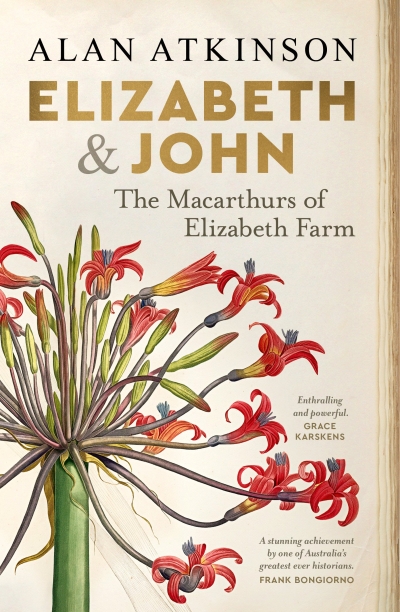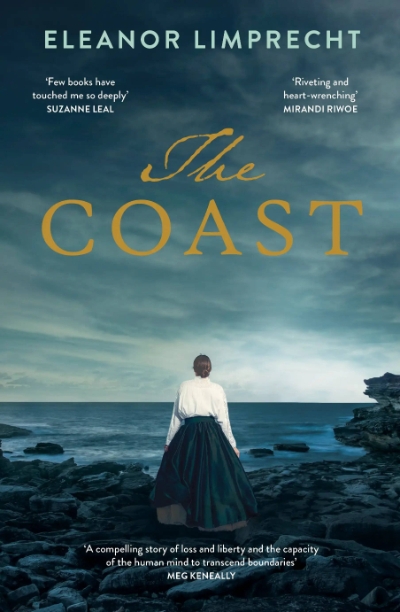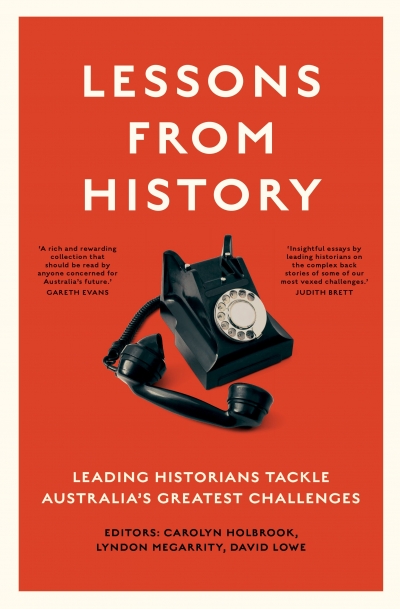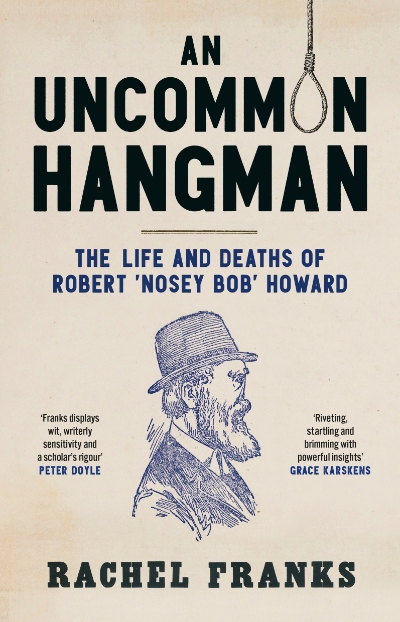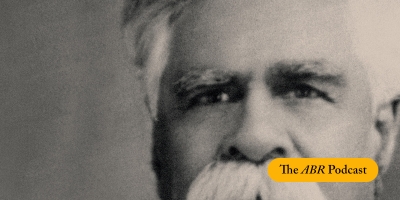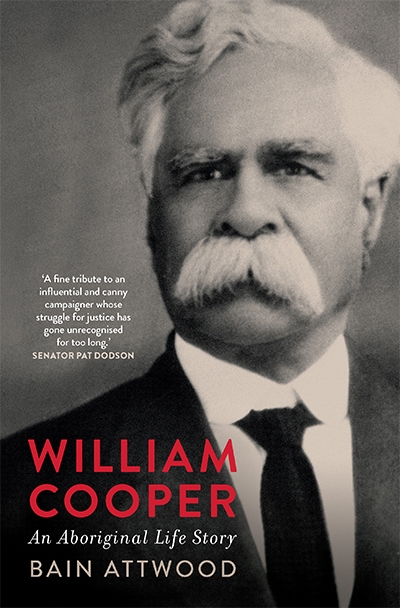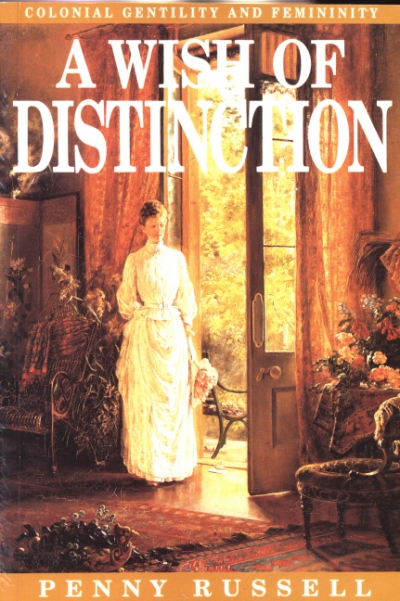Penny Russell
Elizabeth and John: The Macarthurs of Elizabeth Farm by Alan Atkinson
Lessons from History: Leading historians tackle Australia’s greatest challenges edited by Carolyn Holbrook, Lyndon Megarrity, and David Lowe
An Uncommon Hangman: The life and deaths of Robert "Nosey Bob" Howard by Rachel Franks
As momentum builds for constitutional recognition of Aboriginal and Torres Strait Islander Australians, it is timely to reflect on the career of William Cooper. A Yorta Yorta elder and founding secretary of the Australian Aborigines’ League, Cooper gathered support for Indigenous representation in parliament and for voting and land rights during the interwar years. Historian Bain Attwood’s new book tells Cooper’s story but resists the biographical impulse that would separate the man from his social milieux. In today’s episode, Professor Emerita Penny Russell reads her review of Attwood’s portrait of this remarkable man, whose eloquence has left only a scant textual record. What survives reveals a figure ‘always driven by a profound vision of justice and moral uplift’.
... (read more)
